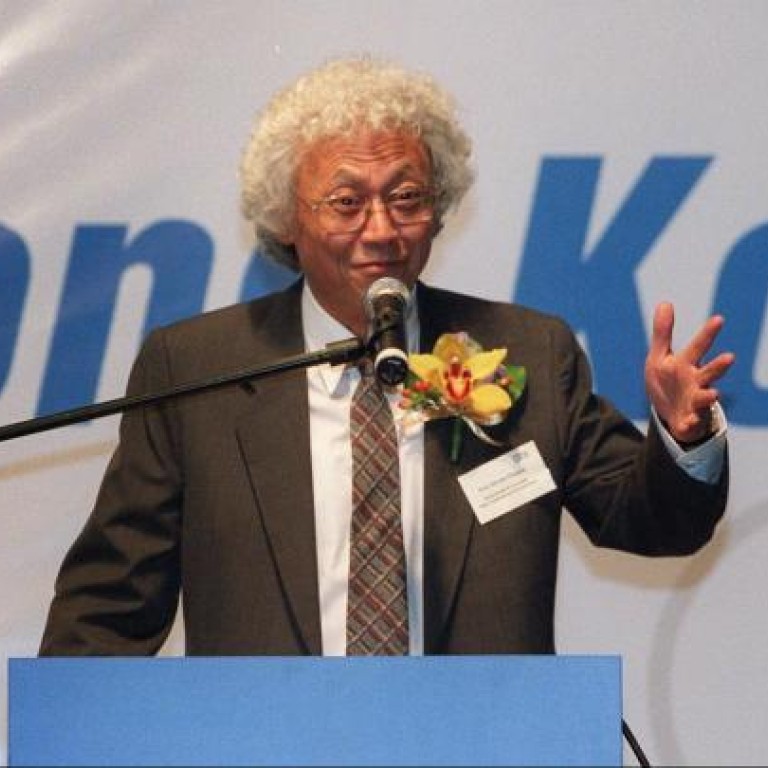
Innovation 'key' to reform success in China, summit told
Economists confident of country's outlook under the leadership of Xi Jinping while critical of measures that copied Western practices
Home-grown innovation, rather than slavish copying of Western models, is needed to ensure the success of economic reforms on the mainland, delegates at an economic summit were told yesterday.
Speaking at the summit, organised by Phoenix TV, was Steven Cheung Ng-sheong, whose comments came as government leaders were holding the Central Economic Work Conference to lay out an economic blueprint for next year and beyond.
The former professor of economics at the University of Hong Kong singled out the removal of long-existing agricultural taxes as the most significant reform of the economic system by Beijing.
Questioned from the floor about Communist Party chief Xi Jinping's pledge to promote growth "without exaggeration", Cheung said that whether Xi would fulfil his pledge remained to be seen, but added that "we have reason to be more optimistic" about the future.
He recalled meeting Xi in December 1986, when Xi was then a deputy mayor of Xiamen. "He wore very ordinary suits and had no bureaucratic air at all. He didn't appear like a government official. He was very easy-going," he said.
But this relaxed demeanour could not disguise the fact that Xi had abundant knowledge about the outside world and had his own insights, he said.
Reviewing the reforms of the past two decades, Cheung was critical of those measures that merely copied Western practices that did not suit China. Among them was the adoption of a minimum wage system, which, he said, had caused China to lose its competitive edge in the manufacturing sector.
Dongguan, which was once the location of a booming manufacturing businesses supported by an influx of cheap labour, had lost its status as "the world's factory" as a result of the change, he said.
On steps taken to stimulate the economy, Cheung said Premier Wen Jiabao should have applied the brakes earlier after introducing a four trillion yuan (HK$4.54 trillion) economic stimulus package in November 2008 to combat shocks from the global financial crisis.
"Blindly spending money definitely causes big trouble such as fuelling high inflation," he said.
Relying on monetary policy to spur the economy, derived from theories propounded by economists such as Milton Friedman, did not work for China and it had proved wrong in many Western cases too, he said.
Cheung argued that China should establish its own "anchor" for the yuan, remove foreign-exchange controls, and build Lujiazui in Shanghai into a global financial centre to compete with Wall Street.
Separately, Peking University professor Li Yining, who was the mentor of Vice-Premier Li Keqiang during his doctoral studies, refuted mounting concerns that China may enter a middle-income trap due to the gradual loss of its "demographic dividends" as its population ages.
Li Yining said such worries were misplaced and the country would maintain solid growth if workers' skills and technologies could be upgraded to better utilise resources, and encourage innovation.

